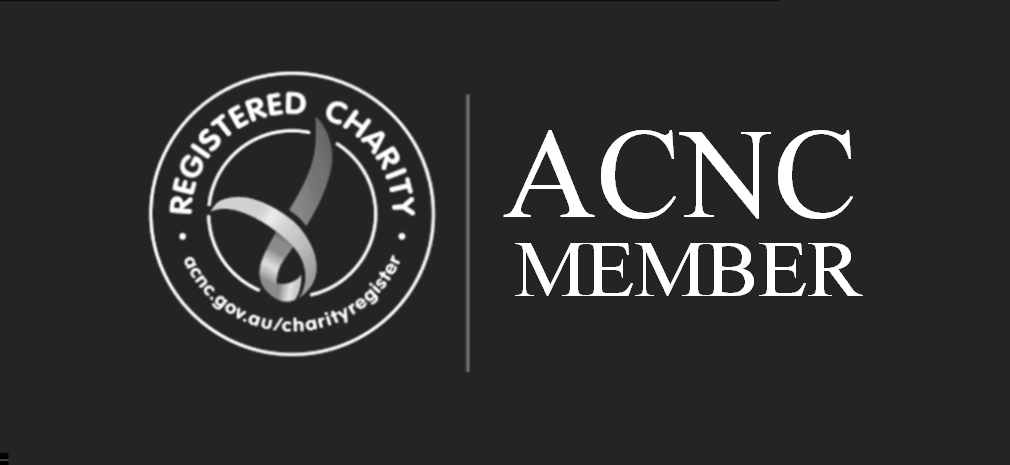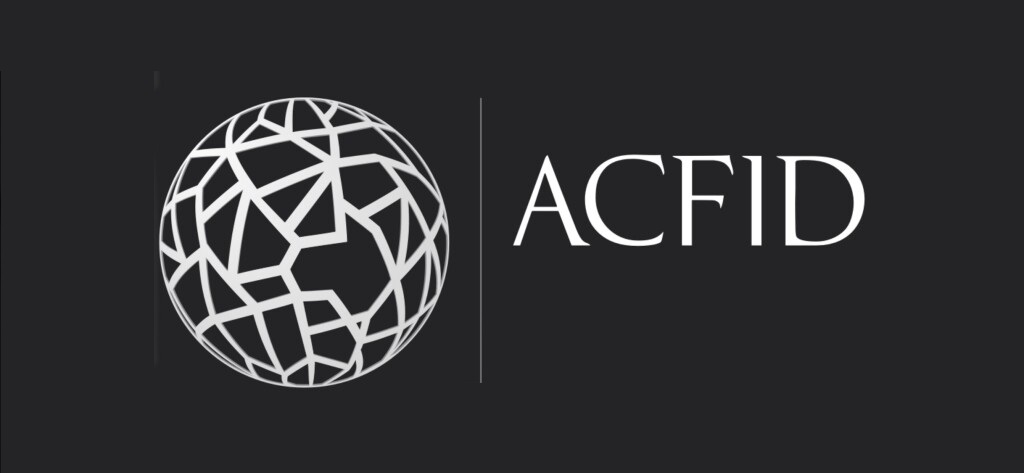.
DAISI’s Code of Conduct for recognising and dealing with a perceived or actual Conflict of Interest is below:
All DAISI volunteers and member and staff must agree to follow the below Conflict of Interest Code of Conduct:
- Be committed to fostering ethical awareness, conduct and decision-making that is of pure honest intent, and that cannot be perceived as causing a conflict of interest.
- Be mindful that your actions and decisions must always be lawful, consistent with DAISI policies and that do not involve any conflict of interest.
- Be sure to not make a financial gain as a result of working with DAISI, above and beyond the reasonable salary attached to the position (in the case of salaried employees).
- Do not grant favourable treatment to contractors or suppliers if you have a personal relationship with them or they are a family member, or a member of a Trust fund that you belong to.
- Declare to the Chairperson all personal gifts you accept on behalf of DAISI. This will protect you from any subsequent claims of conflict of interest, with this decision being made by the Executive Board. The Board may determine that very large expensive donations (eg bottle of Grange) that seem disproportionate with a large resale value, may be considered inappropriate and represent a conflict of interest in which case you will be asked to return the gift..
- Declare any monetary donation over $100 to the Chairperson to be cleared and approved by the Board.
- Register all gifts of money or in-kind donation so that DAISI’s finance Officer and Treasurer are aware and can enter this as a donation to DAISI.
- Always obtain DAISI Executive Approval for any contractual work conducted on behalf of DAISI.
- Where the contractor is a personal friend or relative, or member of a Trust that you belong to, you must remove yourself from the decision making and allow the DAISI executive to determine whether or not to use this contractor. The DAISI board would need to determine that the contractor is providing value for money, and this would involve a proper tendering process obtaining at least three competitive quotations, with the best valued quotation the preferred contractor.
- Excuse yourself from the AGM, Board or any committee meeting proceedings where decisions are taken which may be benefit you financially. Once that decision is decided on, you can return for the rest of the meeting.
- Declare a Conflict of interest at any meeting where financial or purchasing decisions are being made that involve yourself, a close friend, relative, or member of a Trust fund that you are a member of.
- Obtain DAISI executive approval before receiving any salary, fee or some other benefit (other than reimbursement of reasonable out-of-pocket expenses)
- Give a full and frank disclosure to the DAISI Executive of any suspected case of conflict of interest in a prompt manner, as soon after it has arisen or first been identified and so that appropriate measures can be adopted. Sometimes the conflict cannot be avoided, but just needs to be recognised and monitored.
- If you suspect a conflict of interest outside of a meeting, then you must promptly and fully disclose this in writing to the Chairperson and/or Secretary. Do not wait for the next board meeting to declare it.
- Seek advice from the Executive (i.e. the Chair, Secretary and/or CEO) at even the slightest hint of conflict of interest, realising that it is not only actual conflict of interest, but perceived conflict of interests that can be damaging to DAISI’s credibility.



